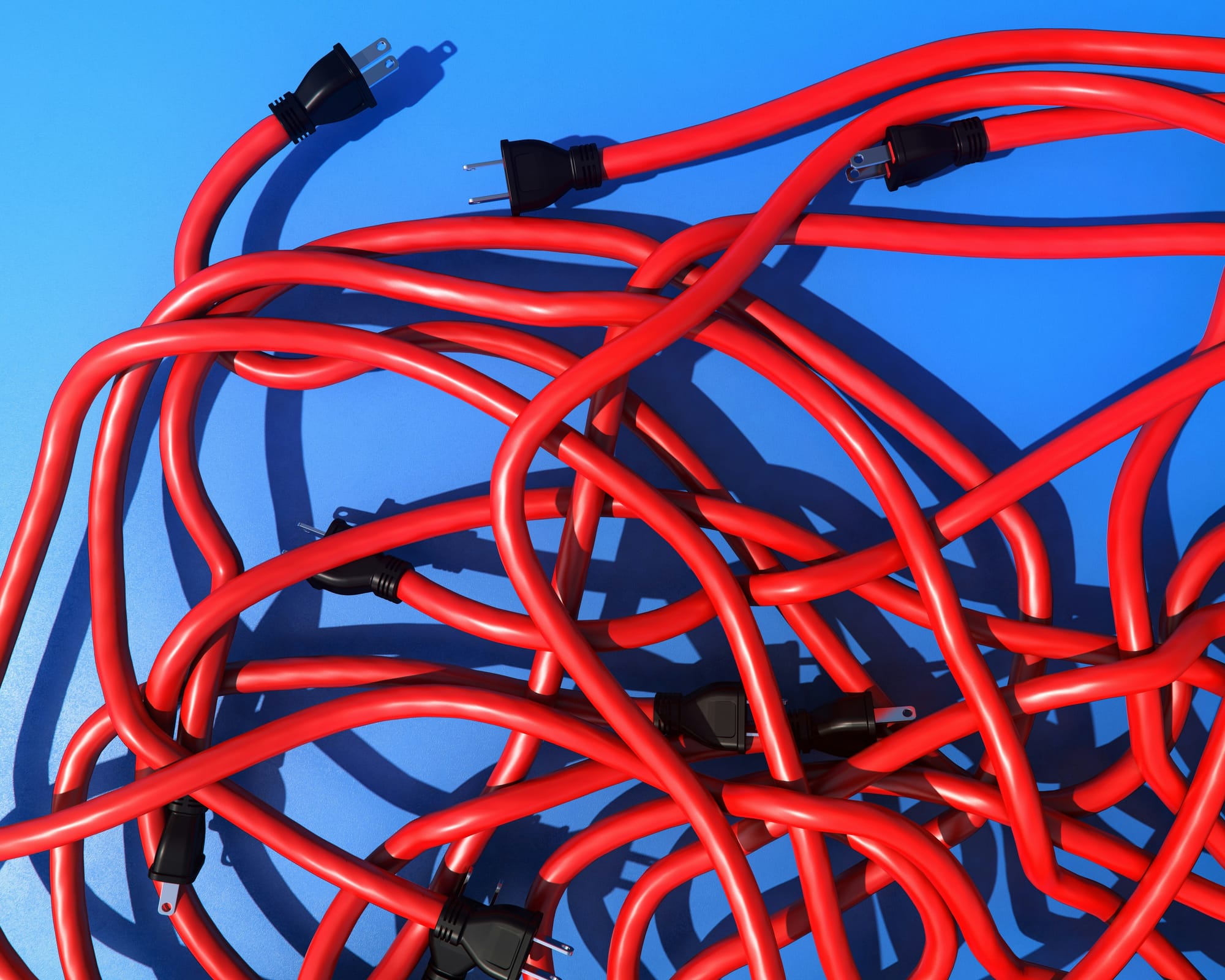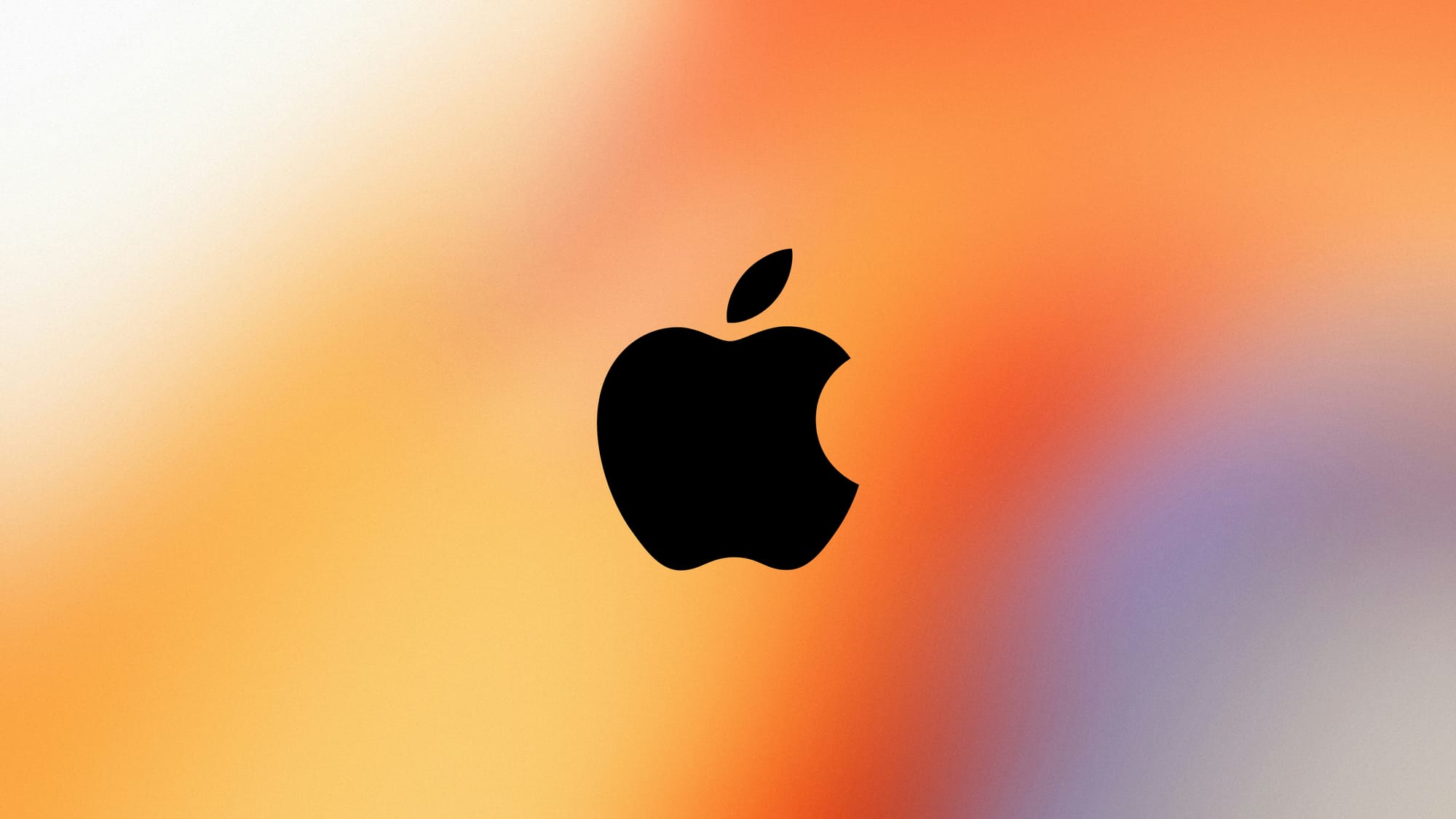Ever feel like you're stuck in a never-ending episode of your own work-life sitcom? You're not alone. In today's hyper-connected world, millions of Americans find themselves trapped in what feels like an infinite work day –where the boundaries between "on" and "off" have completely dissolved.
The Modern Work Trap
The phenomenon of feeling caught in an endless work cycle has become increasingly common, especially in our digital-first economy. Whether you're managing an e-commerce store, juggling client demands, or simply trying to keep up with the constant ping of notifications, the sensation that work never truly ends has become our new normal.
As William James wisely observed:
"The greatest weapon against stress is our ability to choose one thought over another."
This insight becomes particularly relevant when we realize that much of our infinite work day experience stems from our mental approach to boundaries and priorities.
Why Does Work Feel Infinite?
The “infinite workday” describes that relentless feeling where work never seems to stop, no matter how much you do. It’s not just about long hours; it’s about the mental load that follows you from your laptop to your living room, and even into your dreams. According to the American Psychological Association, 60% of Americans report work-related stress, with many feeling their workday stretches well beyond traditional hours.
The Real Toll: Stress, Burnout, and Beyond
This never-ending cycle isn’t just exhausting—it’s harmful. Psychologists point to a range of effects including:
- Stress and anxiety
- Burnout
- Decreased motivation
- Lower productivity
As Anne Lamott wisely said:
Almost everything will work again if you unplug it for a few minutes, including you.
Yet, unplugging is easier said than done when your phone dings with another urgent notification.
What’s Fueling the Infinite Workday?
Several factors keep us stuck on the hamster wheel:
- Remote Work and Blurred Boundaries: The flexibility of remote work often means work hours bleed into personal time.
- E-commerce and Instant Gratification: In the fast-paced world of online shopping, customer expectations for instant responses and 24/7 service can push workers to stay “on” at all hours.
- Digital Distractions: With smartphones and laptops always nearby, it’s tough to truly log off.
Expert Insights: Breaking Free from the Cycle
Experts agree: the key to escaping the infinite workday is setting boundaries and prioritizing self-care. Dr. Emma Seppälä, Science Director at Stanford’s Center for Compassion and Altruism Research and Education, emphasizes:
Taking short breaks during work can significantly improve productivity and reduce stress.
Lou Holtz reminds us, “It’s not the load that breaks you down, it’s the way you carry it”. That means learning to manage—not just muscle through—your workload.
Actionable Tips to Reclaim Your Time
If you’re ready to break the cycle, try these science-backed strategies:
- Set Clear Work Hours: Define when your workday starts and ends. Communicate these boundaries to your team and customers.
- Schedule Breaks: Use a timer to remind yourself to step away—stretch, grab a snack, or just breathe.
- Unplug After Hours: Silence notifications and put devices out of reach when your workday ends.
- Prioritize Tasks: Focus on what truly matters. The Harvard Business Review suggests tackling high-impact tasks first to avoid overwhelm.
- Practice Mindfulness: Even a few minutes of meditation or deep breathing can reset your mind and reduce anxiety.
Katie Thurmes puts it perfectly:
You can’t do a good job if your job is all you do.
The E-Commerce Angle: Why This Matters for Online Businesses
For those in e-commerce, the pressure to be available 24/7 is real. But here’s the catch: burnout leads to mistakes, poor customer service, and ultimately, lost sales. By encouraging healthy work habits—both for yourself and your team—you’ll not only boost morale but also improve your bottom line.
Professional Commentary & Resources
The Mayo Clinic, American Psychological Association, and Harvard Business Review all highlight the importance of stress management and work-life balance for long-term productivity and well-being. As more Americans shop, work, and socialize online, finding that balance is more crucial than ever.
“Almost everything will work again if you unplug it for a few minutes, including you.”
— Anne Lamott
Final Thoughts
Feeling caught on an infinite workday isn’t a sign you’re failing—it’s a sign the system needs a reset. By setting boundaries, practicing self-care, and embracing smarter work habits, you can break free from the cycle and reclaim your life—one unplugged moment at a time.














Discussion